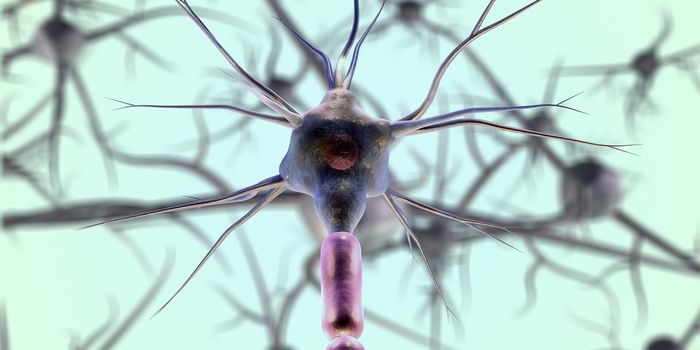Immunotherapy Can be Improved with Three Immune Cells
Immunotherapy is a fast-growing field designed to stimulate the immune system and target different diseases, including cancer. Some immunotherapies include immune cell activation therapies such as checkpoint inhibitors that block the interaction of cell markers which in turn allows the cell to kill the bound tumor cell. One example of a checkpoint inhibitor is anti-programmed cell death-1 (Anti-PD-1). Programmed cell death-1 (PD-1) is expressed on immune cells, specifically T cells. On responsibility of T cells include killing infected cells, such as cancer. The PD-1 marker is bound to PD-L1 on the infected cell and blocks the T cell’s ability to kill the tumor. Checkpoint inhibitors are effective in some subsets of cancer patients, but in more aggressive cancers such as liver cancer, immunotherapy is limited. Interestingly, a recent study in Nature Medicine by Dr. Miriam Merad and colleagues from the Ichan School of Medicine at Mount Sinai recently reported a new strategy to improve immunotherapy in liver cancer.
Merad and colleagues have uncovered a “trio of immune cells” within the tumor that helps improve immunotherapy. Researchers discovered this cohort of cells specifically in hepatocellular carcinoma (HCC), an aggressive and deadly liver cancer. It was demonstrated that specific populations in the tumor would be needed to activate T cells with immunotherapy, specifically anti-PD-1. Increased activation of T cells in HCC is critical because it demonstrates that an aggressive tumor has become sensitized to the immune system.
Researchers studied this phenomenon in patients to determine why some immune cells present in the tumor allow improved immunotherapy response, while others do not. The research team analyzed patient samples before and after checkpoint inhibitor treatment. Analysis was performed through computational methods, which allowed Merad and others to determine the immune cells necessary that help patients improve with immunotherapy. Through this computational cell analysis researchers are able to improve patient outcomes by determining if the “trio of cells” is present in the tumor.
The “trio of immune cells” include cytotoxic T cells, dendritic cells, and helper T cells. Cytotoxic T cells are responsible for killing infected cells. Dendritic cells are those that teach the cytotoxic T cells to recognize tumor cells, and helper T cells activate cytotoxic T cells. Merad and other discovered that these three cell types must be in close proximity within the tumor to effectively improve checkpoint inhibitor therapy.
The report demonstrates that the “trio of immune cells” can control the reactivation of cytotoxic T cells and kill the tumor cells with immunotherapy. The discovery of the three immune cells allows researchers the opportunity to find further targets in the tumor to use in combination with anti-PD-1 therapy. The result of this study also promotes the idea of personalized medicine, in which each patient should be treated in response to the type of cancer that person has and how their immune system responds to treatment. Personalized medicine rejects the idea that cancer is generalizable and states that each patient is unique in their response to therapy. By determining how the patient will respond to treatment before even receiving care will help physicians make better treatment decisions and improve patient longevity.
Study, Nature Medicine, Miriam Merad, Ichan School of Medicine at Mount Sinai








